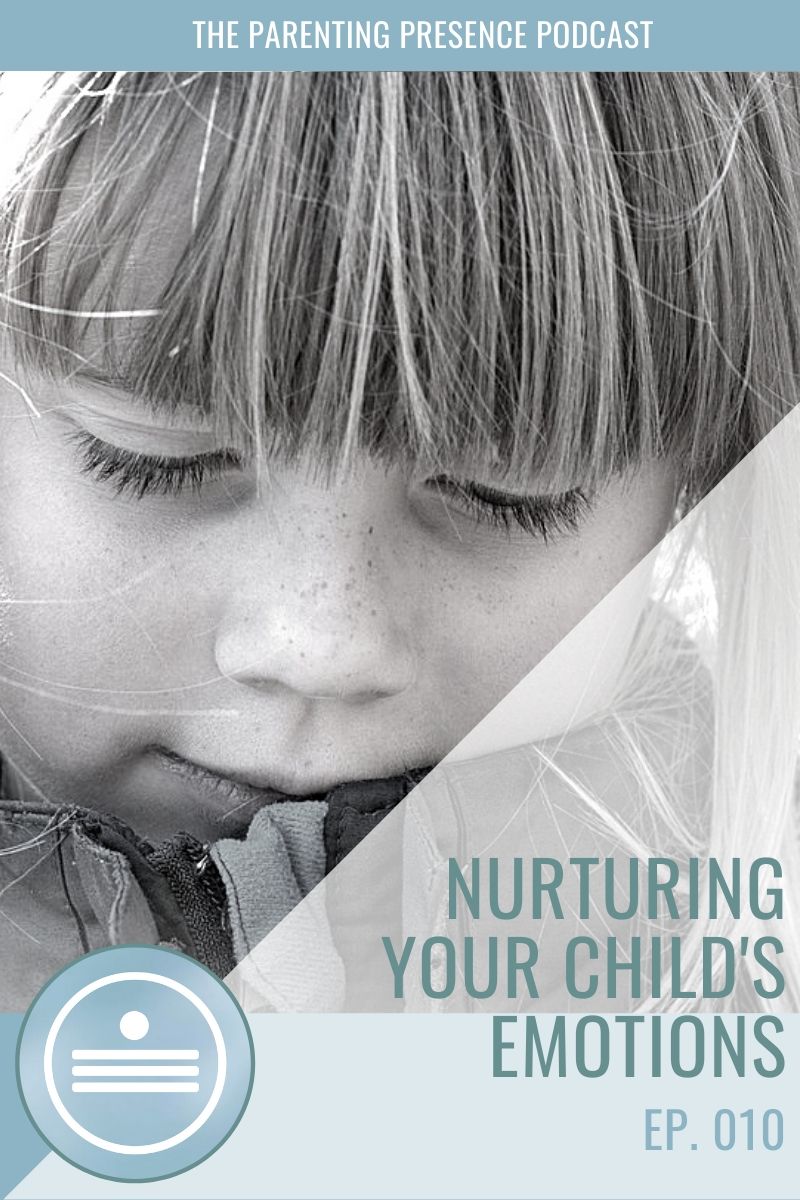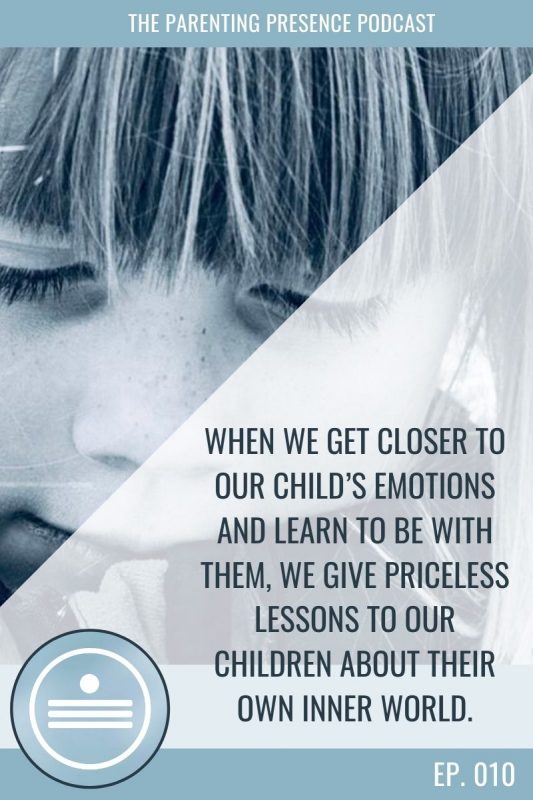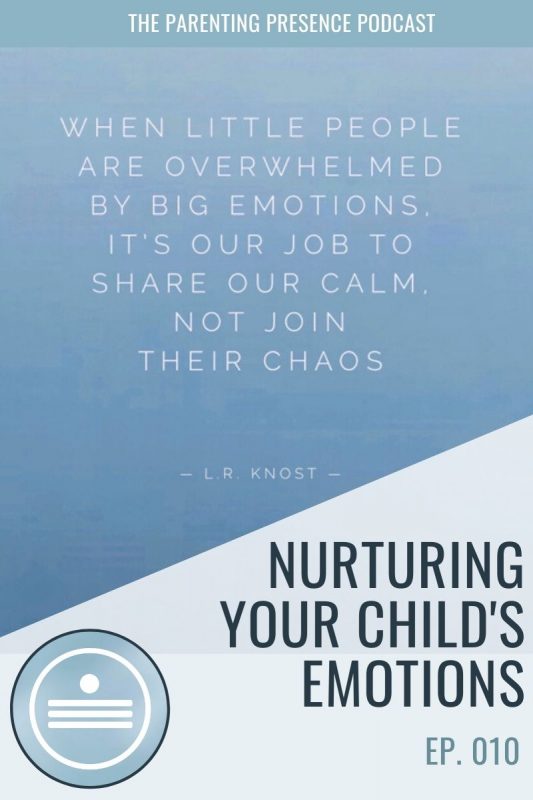
Our children express a range of emotions. And sometimes we are not sure how to deal with them… We may get fearful when our child is scared, or get angry at our child’s anger, or get anxious about our child’s anxiety… Sounds familiar? No wonder why it’s hard to tell, who is on the emotional roller-coaster, us or the child…
Have you ever felt like your child’s emotions are throwing you off your game? The good news is that being able to express a range of emotions is one of developmental markers for the child.
They may not be able to deal with them just yet, but they certainly feel them.
And, of course, they need to experience those emotions first, before they are able to learn to deal with them. But what do we need to do?
When we get closer to our child’s emotions and learn to be with them, we give priceless lessons to our children about their own inner world. It is not something to run away from, to be mad at, or feel hopeless about. It is a rich environment full of information.
Emotions are very telling. But in order to be heard, they need to be welcomed.
Besides serving as clues to the quality of our experience, emotions have social value as well. For children, in particular, emotions is the way they communicate with us, and so dismissing the child’s emotions would be equivalent to ignoring what the child is communicating. But when we try to understand the message behind their emotions, the children are being seen and heard.
What you will learn in this episode about your child’s emotions:
- What does nurturing emotions mean?
- How do we nurture emotions?
- What happens when we nurture our child’s emotions?
- When do we need to nurture most?
If we want to facilitate proper development — we need to acknowledge the role emotions play in that process. If we are willing to work on developing the child’s emotional capacities and skills, we also need to understand those processes within ourselves. More on that, in Episode 13.


